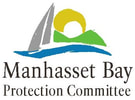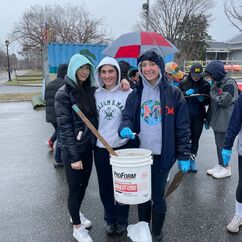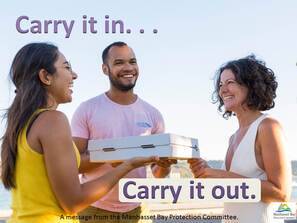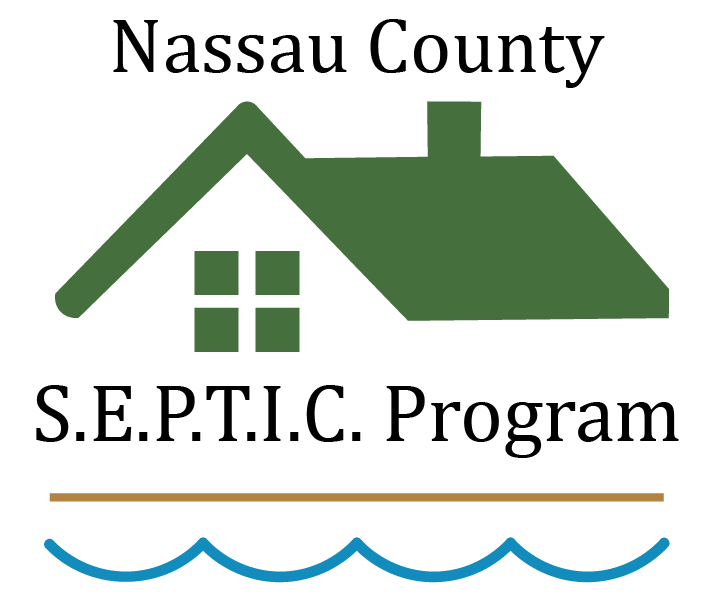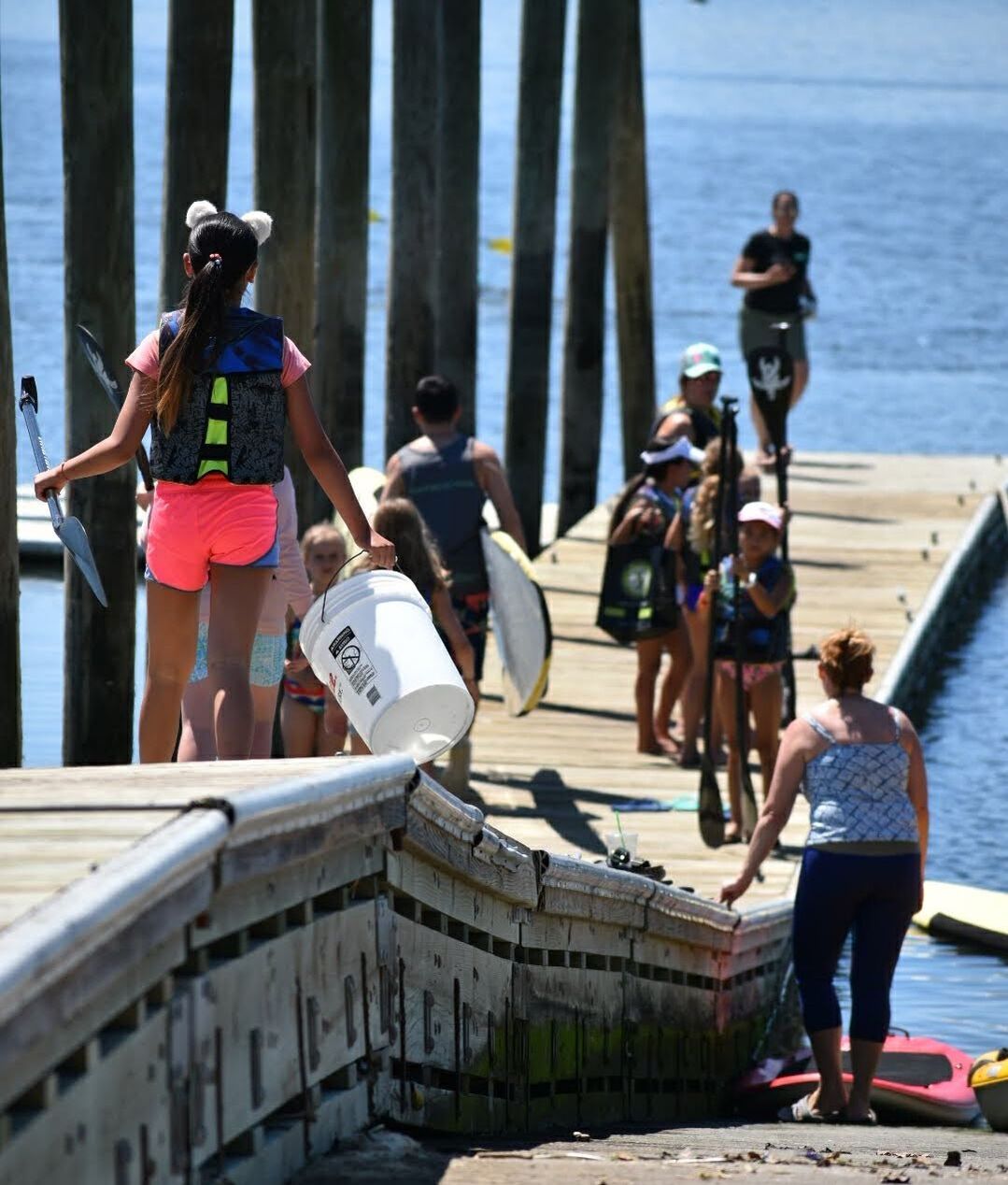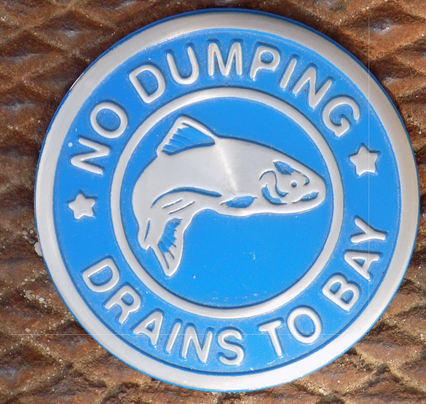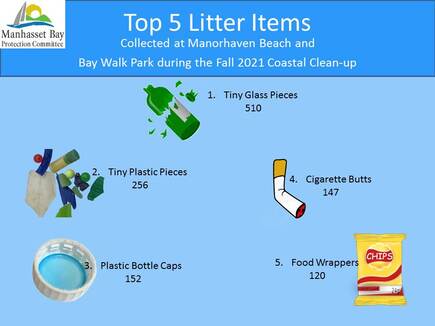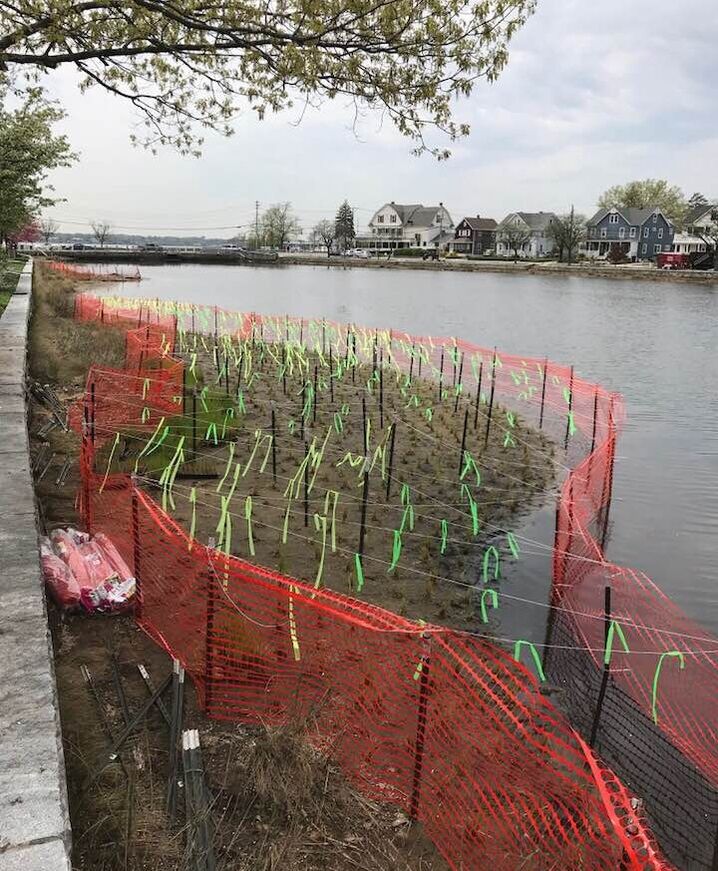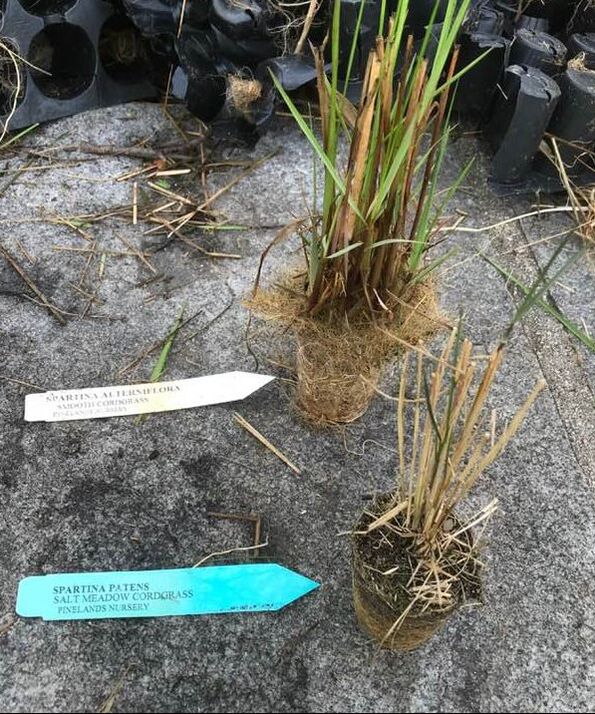Reduce Your Impact
There are many things you can do to reduce your impact on Manhasset Bay and the environment in general. Here are a few ideas.
Top Left Image: Students at Manorhaven Beach Clean-up, Spring 2022; credit: MBPC; Center: Keep Manhasset Bay beautiful by taking all trash and belongings home with you; credit: MBPC; Top Right Image: Nassau Septic Replacement Program logo (flier)
